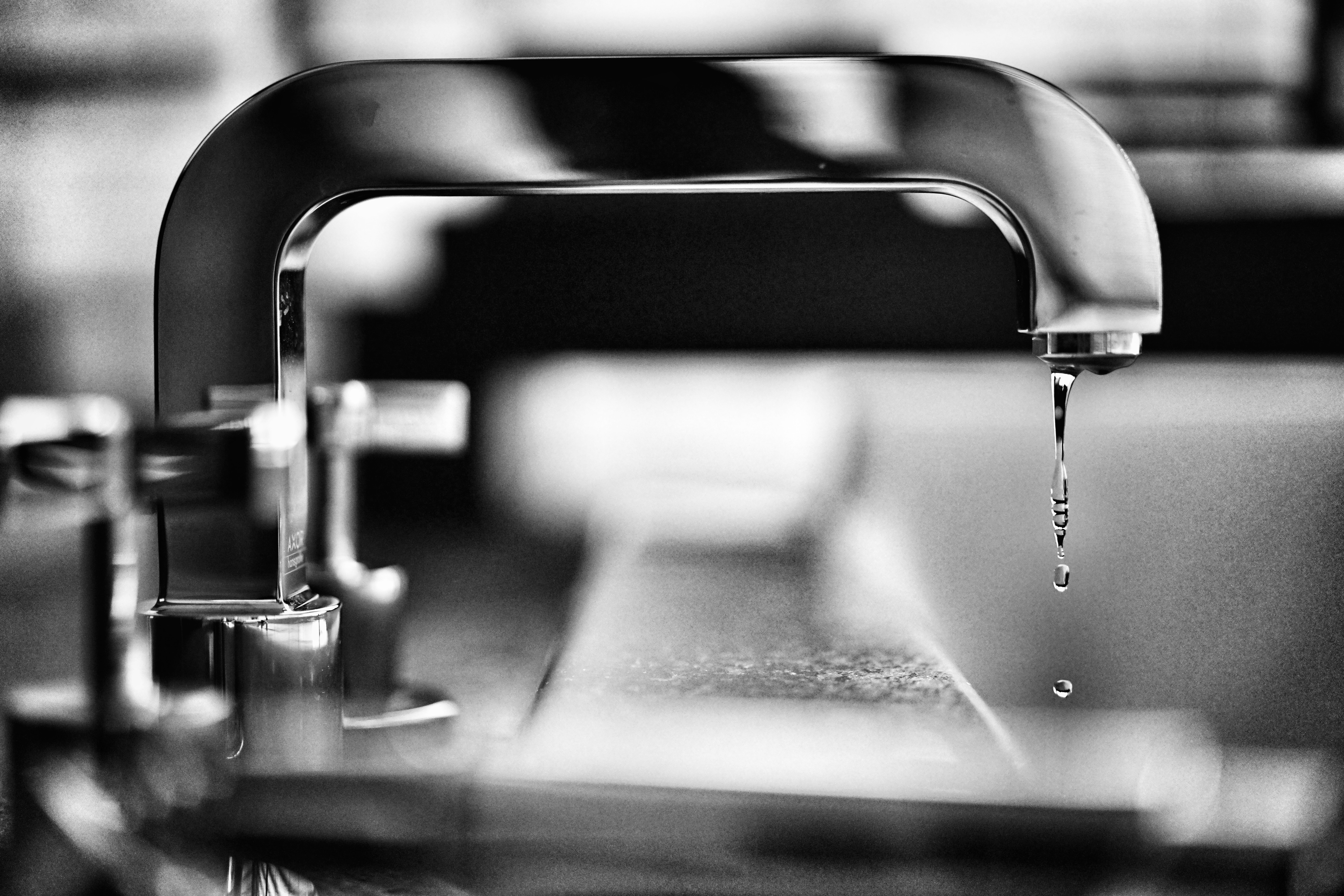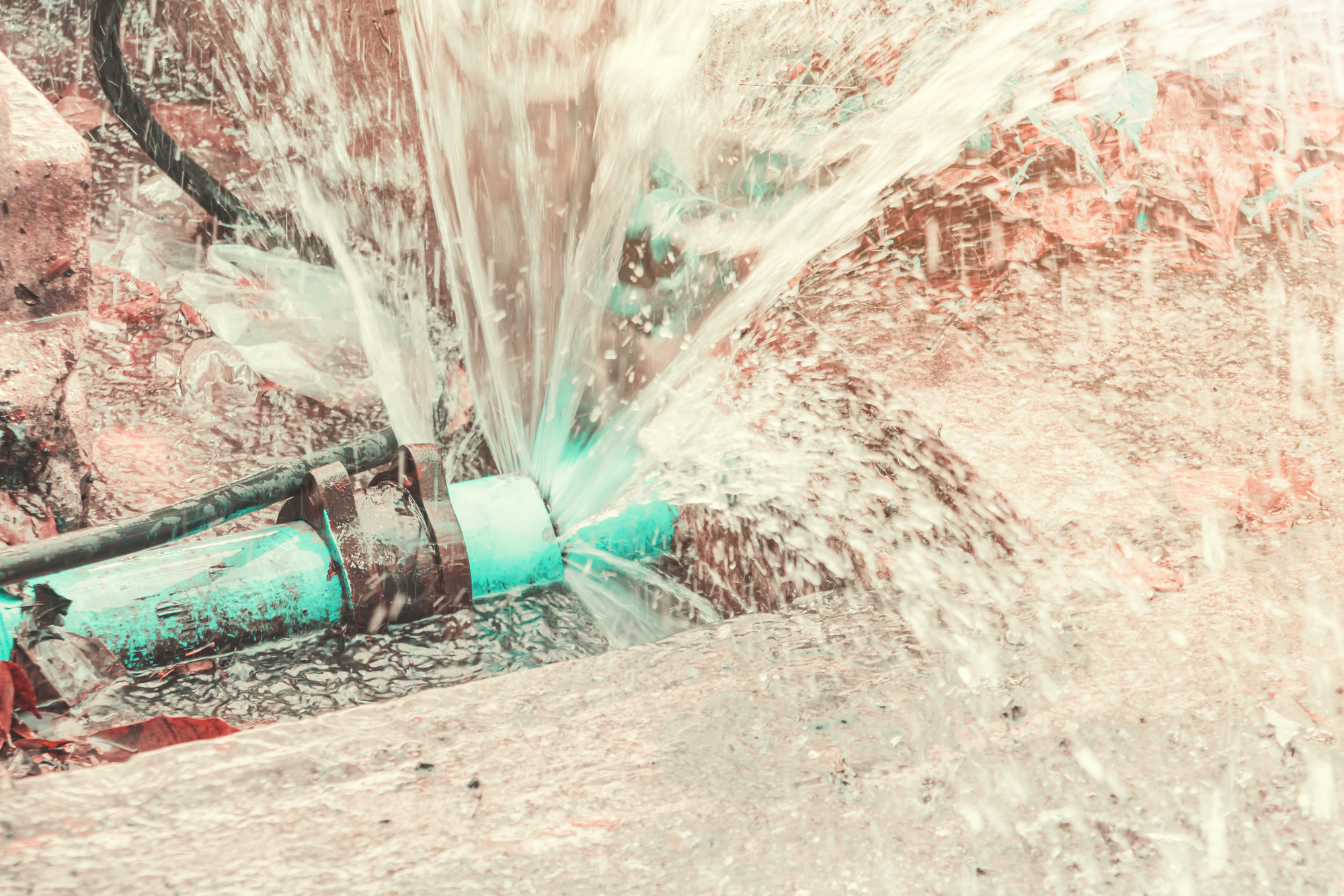Tankless water heaters have gained popularity in recent years and are becoming more common in households as a cost-effective and energy-efficient alternative to traditional water heaters. If you’re considering upgrading to a tankless water heater in 2022, there are a few things you should keep in mind when choosing and installing one.
Benefits of a Tankless Water Heater
Unlike traditional water heaters, tankless water heaters do not store hot water in a tank. Instead, they heat water on demand, which means that you only use energy when you need hot water. This can result in significant energy savings and lower utility bills.
Another benefit of tankless water heaters is their longer lifespan in comparison to traditional water heaters. Traditional water heaters typically last anywhere from 8-12 years, while a tankless water heater can last up to 20 years with proper maintenance.
Choosing the Right Tankless Water Heater
When choosing a tankless water heater, there are a few key factors to consider:

1. Size: The size of the tankless water heater you choose will depend on several factors, including the size of your household and your hot water usage needs.
2. Fuel type: Tankless water heaters can be powered by gas or electricity. The fuel type you choose may depend on the availability of natural gas in your area, as well as your personal preferences and budget.
3. Efficiency: Look for a tankless water heater with a high energy efficiency rating, as this will result in lower energy bills in the long run.
4. Installation requirements: Tankless water heaters require adequate ventilation and a dedicated gas or electrical line. Make sure that your home meets the installation requirements before choosing a tankless water heater.
Installation Considerations
Installing a tankless water heater is a complex process that should be done by a professional plumber. Here are some things to keep in mind when installing a tankless water heater:

1. Location: Tankless water heaters are typically mounted on a wall, so you will need to choose a location that is both accessible and safe. They also require proper ventilation to prevent dangerous carbon monoxide buildup.
2. Water supply: Tankless water heaters require a certain amount of water pressure and flow rate. Make sure that your home’s plumbing system can accommodate the demands of a tankless water heater.
3. Electrical and gas connections: Tankless water heaters require a dedicated gas or electrical line. Ensure that your home’s electrical and gas connections can support the tankless water heater.
4. Regular maintenance: To ensure the longevity and efficiency of your tankless water heater, regular maintenance is essential. A professional plumber can perform routine maintenance checks and necessary repairs.
Conclusion
Switching to a tankless water heater can provide significant energy savings and a longer lifespan for your water heating system. However, choosing and installing a tankless water heater is not a DIY job. It’s essential to work with an experienced plumber who can help you choose the right size and fuel type for your needs, and ensure that your home meets the installation requirements. If you’re thinking about upgrading to a tankless water heater in 2022, contact Ace Plumbing Repair for professional installation and maintenance services.






